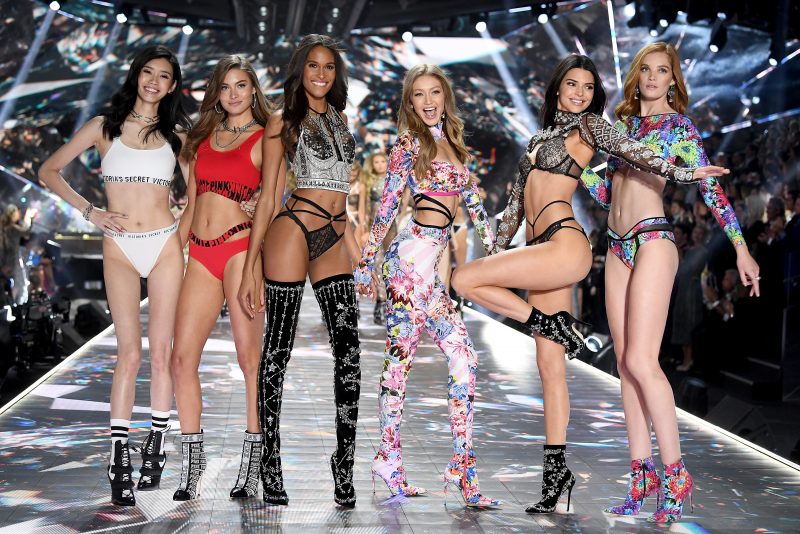
OAN’s Stephanie Stahl
5:31 PM – Wednesday, October 18, 2023
Victoria’s Secret, an American lingerie chain, is reportedly ditching its “woke feminist” rebrand and reprioritizing “sexiness” in an effort to bring back profitability.
Over the past few years, the brand has desperately tried to repair its “hyper-sexualized” images with branding changes, like canceling the annual Victoria’s Secret Fashion Show and adding transgender and disabled models to its coveted roster.
A tainted company image is not the only obstacle that Victoria’s Secret has tried to overcome.
A number of rivaling brands have entered the lingerie market in recent years, like Skims by Kim Kardashian and Savage X Fenty by singer/songwriter Rihanna.
In 2018, the debut of Savage X Fenty arguably foreshadowed the decline of Victoria’s Secret.
Rihanna offered inclusivity in her company, something that Victoria’s Secret was notably missing at the time. Savage X Fenty showcased a wider range of body types on the runway and a more diverse representation of skin tones.
In 2019, the Victoria’s Secret Fashion Show, which was once a pop culture phenomenon, was canceled after ratings plummeted. Critics argued that the show lacked “inclusivity” and perpetuated a body standard that is unattainable and harmful to younger generations.
When the fashion show was still airing, Victoria’s Secret supermodels — better known as “Angels” — reportedly exercised every day and had extremely restrictive diets.
In a 2015 interview, former Victoria’s Secret model Jasmine Tookes said that she worked out “seven days a week” prior to the show.
“I do Pilates, some barre classes, weight training, and lots of squats… And because I’m working out so much, to keep up the energy, I eat a lot of protein and feed my muscles,” Tookes said.
In 2021, Victoria’s Secret indefinitely disbanded the group of “Angels” and began adding more plus-size models to its campaigns in an effort to gain cultural relevance and increase profitability.
Despite a favorable response to the brand’s efforts to be inclusive, revenue continued to stagnate.
For this fiscal year, Victoria’s Secret’s projected revenue was $6.2 billion, which is down 5% from the previous year and far below the $7.5 billion from 2020.
Now, the brand is hopeful that focusing on “sexiness” again will be the key to increased sales. In a recent statement to investors, Greg Unis, the brand president, declared that “Sexiness can be inclusive.”
“Sexiness can celebrate the diverse experiences of our customers and that’s what we’re focused on,” Unis added.
Chief Executive Martin Waters also weighed in on the issue, admitting that the inclusivity initiatives were not as profitable as the company had originally hoped they would be.
“Despite everyone’s best endeavors, it’s not been enough to carry the day,” Waters said.
According to reports, Victoria’s Secret and Pink — the sub-brand aimed at a younger demographic — will roll out activewear and swimwear to help boost sales. Inside the Pink brand, Victoria’s Secret will concentrate on enhancing the range of fleece products, sweatpants, tracksuits, and other casual clothing items.
The lingerie brand is also planning to update its existing stores and open up 400 new ones outside of the United States.
In September, Victoria’s Secret also unveiled a new take on its previous fashion show. Victoria’s Secret: The Tour ‘23 began streaming on Prime Video on September 26th. Viewers have called it a “mix between a documentary and a fashion event.”
Despite its recent challenges, Victoria’s Secret remains the dominant lingerie retailer in North America, accounting for roughly 20% of the market share, according to their own assessment.
Stay informed! Receive breaking news blasts directly to your inbox for free. Subscribe here. https://www.oann.com/alerts

